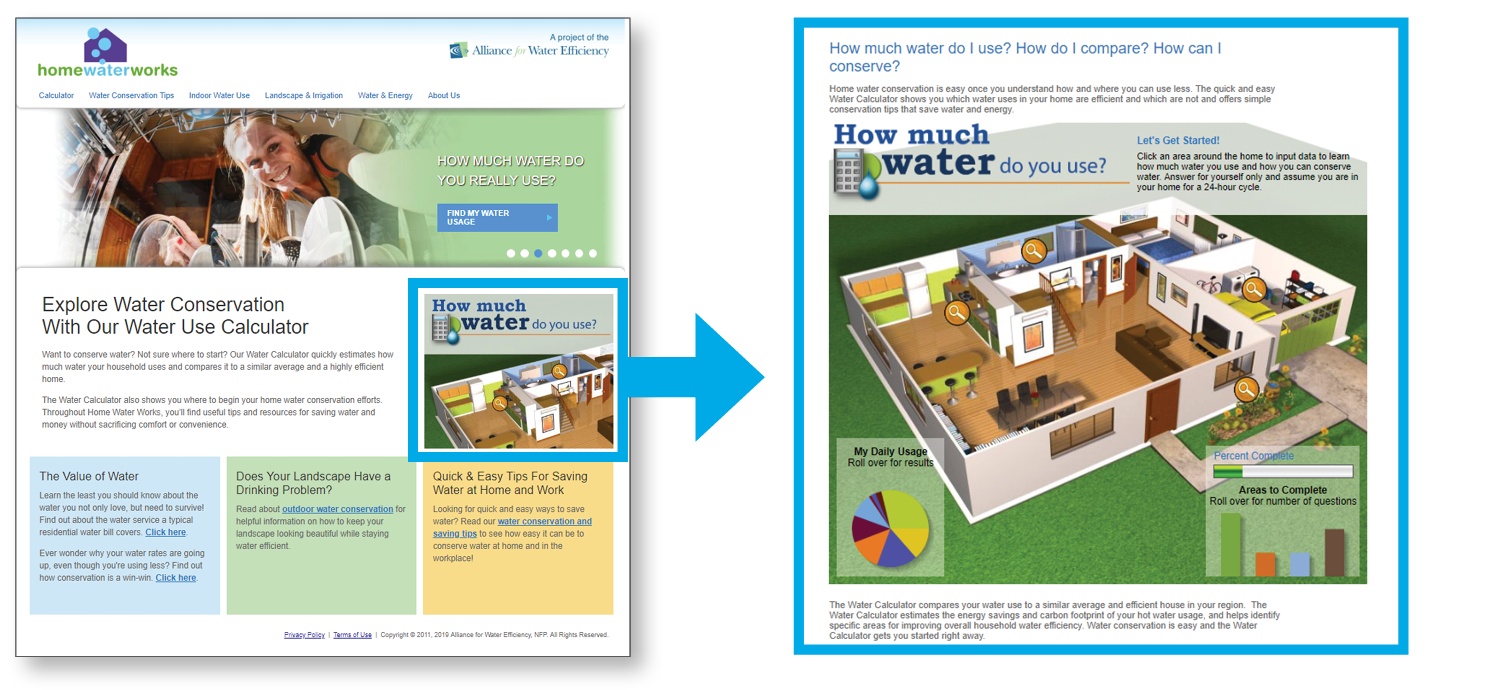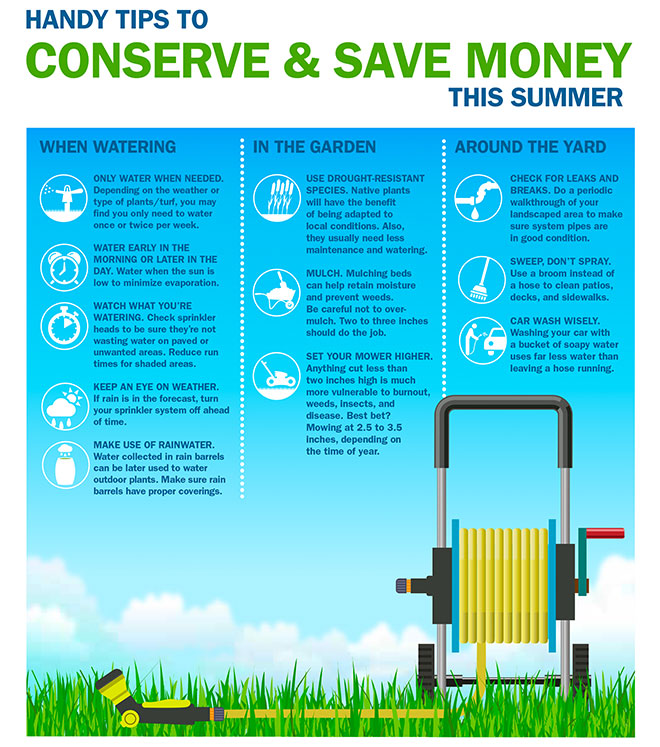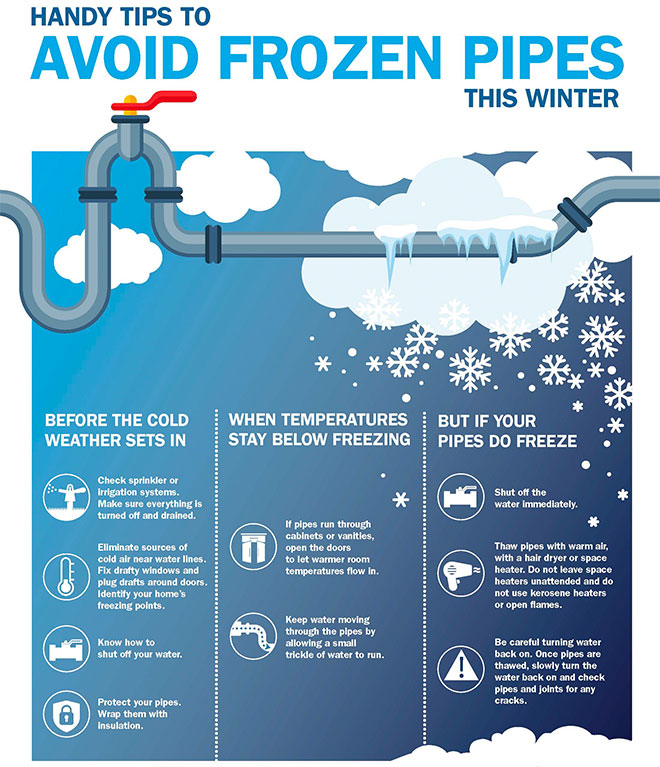WISE WATER USE

We are constantly looking for ways to ensure water is available for future generations. Part of that commitment includes helping our customers understand what they can do to help. We do that in a variety of ways: in customer bills, in our newsletters, and here on our website.
By using the water use calculator tool and conservation tips below, you can make wise water use a part of your daily routine and also save water and money. With some small changes, you can be a part of this commitment while at the same time, help lower the cost of your water bill.
American Water has earned its second WaterSense Award, an Excellence Award for Strategic Collaboration, as the company worked with other organizations to educate customers how to save water and conduct water efficiency research. In California, American Water partnered with G3, Green Gardens Group, to conduct 24 webinars for nearly 3,000 attendees focused on a watershed approach to landscaping that includes efficient watering techniques. Representatives from American Water also participated in research and on committees to promote WaterSense labeling, program adoption, and overall water efficiency, including research with the Alliance for Water Efficiency on peak demand water. American Water worked with WaterSense to provide water efficiency education and information to its large manufacturer accounts.
WATER USE CALCULATOR
To use less water, it’s helpful to know how much you’re using and where. American Water is a member of the Alliance for Water Efficiency. Check out their online Water Calculator. This tool allows you to input water use information specific to your household and offers tips on where you can save water and energy based on that data.

CONSERVATION TIPS
Outside your home
- Lawn watering uses a lot of water. Water your lawn only when it needs it. An easy way to tell if your lawn needs water is to simply walk across the grass. If you leave footprints, your lawn may be thirsty! Generally, lawns only need an inch or so of water per week during the summer months. Water your lawn wisely by:
- Making the most of your watering by watering in the early morning. As much as 30 percent of water can be lost to evaporation by watering during midday.
- Planning for fewer, deep-soaking waterings to encourage deep root growth and stronger turf.
- Set your lawn mower one notch higher to make your lawn more drought-tolerant.
- Use drip irrigation hoses to water plants, and water in the early morning or evening.
- Consider using porous pavement (gravel is a good example) instead of asphalt for driveways and walkways, the rain will soak into the soil instead of running off and contributing to erosion.
- Use a broom instead of a hose to clean your sidewalk, driveway, or patio.
- Plant appropriately for your local climate. Check with local nurseries for non-invasive, drought-tolerant plants.
Inside your home
- Run dishwashers and clothes washers only when they are full. If you have a water-saver cycle, use it.
- Adjust the water level of your clothes washer so it matches your load size.
- Regularly check your toilet, faucets, and pipes for leaks with our free leak detection kits. If you find a leak, have it fixed as soon as possible.
- Check your water meter before and after a one-hour period when no water is being used. If the meter changes at all, you probably have a leak.
- Consider water and energy-efficient appliances. Products and services that have earned the WaterSense label have been certified to be at least 20 percent more efficient without sacrificing performance. The USEPA reports that EPA-certified Energy Star washing machines may use 35% less water per load. Water-saving showerheads, toilets and faucet aerators can also help cut your water usage.
- Insulate exposed water pipes with pre-slit foam insulation. You’ll enjoy hot water faster and avoid wasting water while it heats up.
- Turn off the tap while brushing your teeth or washing dishes in the sink.



